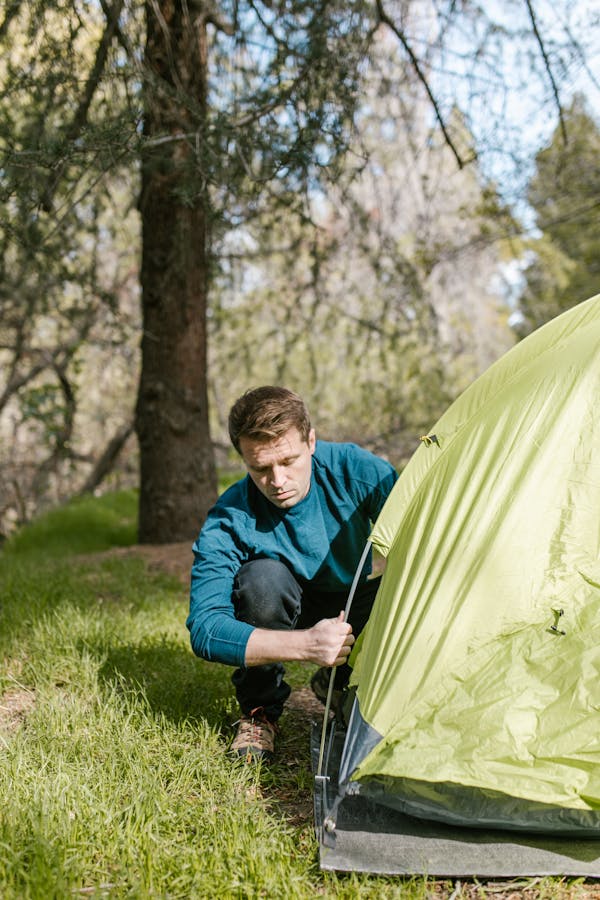You want to create wild plant-based soul-soothing meals and fill your apothecary with healing herbal preparations. Yet, you’re unsure how to identify wild edible plants and mushrooms without making deadly mistakes.
Learn to safely and confidently harvest a variety of delicious wild ingredients with the guidance of expert forager and landscape ecologist Adrian Boots.
Spring
Awaken your senses and rekindle your relationship to nature with this seasonally inspired course. Learn to identify a wide variety of wild edibles and sustainable ingredients, from spring greens and nutritious wild veggies to hardy winter roots and mushrooms.
This class teaches you to harvest wild edibles and herbs responsibly and sustainably, using their fresh flavors in soul-satisfying, immune-boosting recipes and handcrafted herbal preparations. You’ll also gain important guidelines for consuming wild foods, specific safety considerations and detailed plant monographs. Click on Bushcraft courses for more information.
Foraged items add a fresh, natural balance to meals and can be used in many the same ways as sour or bitter flavors. Learn how to find and utilize everything from fruit, bark, leaves and more in this hands-on course, hosted by CIA Associate Professor of Applied Food Studies and herbalist, Lindsey Feldpausch RH(AHG).
Summer
Foraging is a great way to get outdoors and reconnect with nature, while saving money on grocery costs. However, foraging can also be dangerous, so it’s important to take classes with an experienced forager and always have a field guide handy. You should also be sure to leave plenty of room for wildlife and never eat any plant you can’t positively identify.

You’ll explore a variety of edible and medicinal plants in the summer including wild mint, nettle, burdock, chickweed, yarrow, purslane, and more. You’ll learn the benefits of foraging, specific safety considerations, and harvesting tips and techniques.
Some people even use their foraging skills professionally, supplying top restaurants or even using it as a side hustle to build a social media following. Others find that foraging is a spiritual experience and a way to deepen their connection with the natural world. Foraging also provides the opportunity to make a meaningful contribution to your community by helping local plants and herbs thrive.
Autumn
Our ancestors relied on foraging, which is the process of gathering wild foods that are abundant in nature. Today, foraging is a popular pastime for people who want to get in touch with their natural surroundings and find healthy alternatives to expensive grocery stores. In fact, some foragers make a living off their skills, supplying top restaurants and selling their harvest on social media.
If you’re interested in learning how to forage, there are many online courses offered through CourseHorse that will teach you the basics of this ancient art. For instance, Edible Mushrooms: Half Day Walk will teach you how to identify and gather common edible mushrooms that are available in early autumn.
The course will also include a lesson on the ethics and sustainability of foraging as well as specific safety considerations. It’s important to remember that while it is legal to collect plants, mushrooms, flowers, and fruits from public land, you must obtain permission before trespassing on private property.
Winter
Foraging is a fascinating way to learn about the natural environment. It can also be a fun way to get outside, reduce stress, and save money on groceries.
Forages can range from vitamin-packed greens and berries to medicinal wonders like echinacea and chaga. Foraging requires a keen eye, and learning how to identify wild plants and fungi is essential to avoid eating anything that might be toxic.
Nuts and seeds are easier to find in the fall, but winter reveals a different bounty of edible roots and tubers. The online class Winter Foraging: Roots and Tubers is a great place to start, and is geared toward foragers of all levels.
Foraging has become a popular hobby for many people. Some even use their skills professionally, supplying top restaurants or gaining a following through social media. While foraging is a fun and healthy pastime, it’s important to practice responsible gathering and only harvest what you can positively identify.